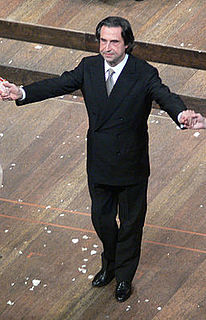A Quote by Joseph Addison
It is the duty of all who make philosophy the entertainment of their lives, to turn their thoughts to practical schemes for the good of society, and not pass away their time in fruitless searches, which tend rather to the ostentation of knowledge than the service of life.
Related Quotes
This society in which knowledge workers dominate is in danger of a new "class conflict" between the large minority of knowledge workers and the majority of workers who will make their livings through traditional ways, either by manual work... or by service work. The productivity of knowledge work - still abysmally low - will predictably become the economic challenge of the knowledge society. On it will depend the ability of the knowledge society to give decent incomes, and with them dignity and status, to non knowledge people.
Philosophy aims at the logical clarification of thoughts. Philosophy is not a body of doctrine but an activity. A philosophical work consists essentially of elucidations. Philosophy does not result in 'philosophical propositions', but rather in the clarification of propositions. Without philosophy thoughts are, as it were, cloudy and indistinct: its task is to make them clear and to give them sharp boundaries.
The notion that "applied" knowledge is somehow less worthy than "pure" knowledge, was natural to a society in which all useful work was performed by slaves and serfs, and in which industry was controlled by the models set by custom rather than by intelligence. Science, or the highest knowing, was then identified with pure theorizing, apart from all application in the uses of life; and knowledge relating to useful arts suffered the stigma attaching to the classes who engaged in them.
Opportunism towards knowledge is a utilitarian demand that knowledge must be immediately practical. Just like with sociology where we hope its purpose is to serve society, however, the true purpose of sociology lies in its impracticality. It cannot become practical or else it loses its meaning. Perhaps we should learn a different kind of knowledge: the knowledge to question knowledge.
Good action and thoughts produce consequences which tend to neutralize, or put a stop to, the result of evil thoughts and actions. For as we give up the life of self (and note that, like forgiveness, repentance and humility are also special cases of giving), as we abandon what the German mystics called "the I, me, mine," we make ourselves progressively capable of receiving grace. By grace we are enabled to know reality more completely, and this knowledge of reality helps us to give up more of the life of selfhood - and so on, in a mounting spiral of illumination and regeneration.
It is time that we allow the Word of God, not the glamorized lies of Hollywood to become the cornerstone of our convictions, thoughts, and attitude. It is time we trade the emptiness of pop culture entertainment for the real-life adventure of a Christ-built existence. Only then will truth reign and rule in our lives. Only then will our lives make an eternal impact for His glory.
There are two kinds of Riya - Showing off-Ostentation ie pure ostentation and adulterated ostention. In pure ostentation "Riya" a man does a good deed only for worldly benefit. In Adulterated ostentation, a man does a good deed with the intention of reaping the benefits of the world as well as of the Hereafter.





































